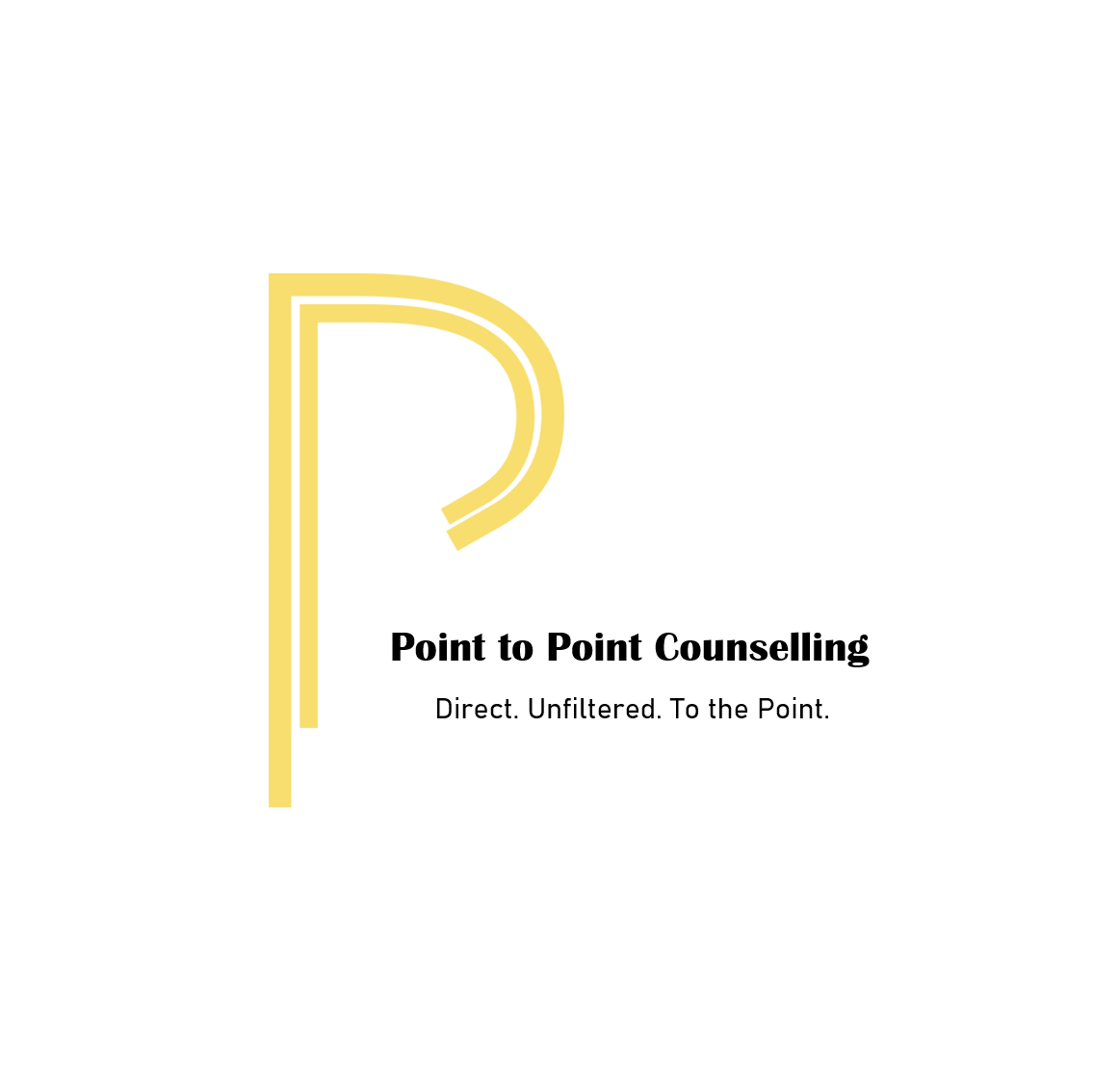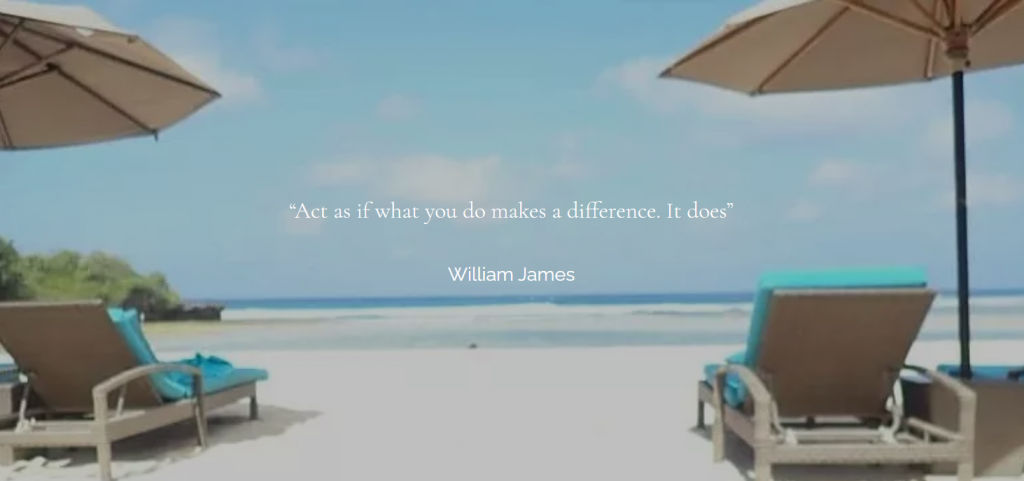Mediation and Dispute Resolution Services (DRS)
Opening communication pathways

Mediation and dispute resolution is working with parties separately and then together to reach a non-binding resolution and agreement that is voluntary and sustainable.
Mediators can offer a safe space to discuss and communicate issues.
Point to Point Counselling is proud of our direct service delivery, approach and transparency.
How successful is mediation in Australia? Mediation has been proven to deliver results. Settlement rates, which are usually measured by how many cases are resolved without the need to escalate to legal action, vary but in general rates vary between 75 to 95%. [ref. Mediation Institute Australia, as at August 2022]
Steps to Mediation and DRS
Mediation isn’t rocket science. Ideally, effective mediation is flexible and informal, hence the success rate is quite remarkable.
There are typically five (5) standard steps to mediation, below you will find we have broken them up further into ten (10) simple steps:
- Individual intake to gain an understanding of each party’s perspective and focal point/s
- Pre-session planning to identify key points
- Session introduction
- Opening remarks from each party to cite issues
- Joint conversation with a chance to commence discussion, ‘question and answer’ style communication between parties to gain an understanding of the other’s needs/concerns and perspective.
- Identify five (5) key points of contention
- Prioritise points in order
- Commence discussion and negotiation
- Caucuses (where necessary) for private discussion/space – this may impact the time available
- Summary of session. If the parties come to consensus, the mediator will outline the terms and may write up a draft agreement. If you fail to reach agreement, the mediator will sum up where you have left off and may engage you in a discussion of your alternatives.
Depending on the complexity of the issues, mediation and DRS might last mere hours, or it could take days, weeks, or months to resolve. Some resolutions will truly be ‘win-win’, while others will be just on the verge of being manageable.
When disputes can’t be resolved by mediation and DRS, the matter may need to go to lawyers and then court for a judge to make decisions. Going to court can be a long, stressful and expensive process. The aim of mediation and dispute resolution is to avoid reaching that point.

